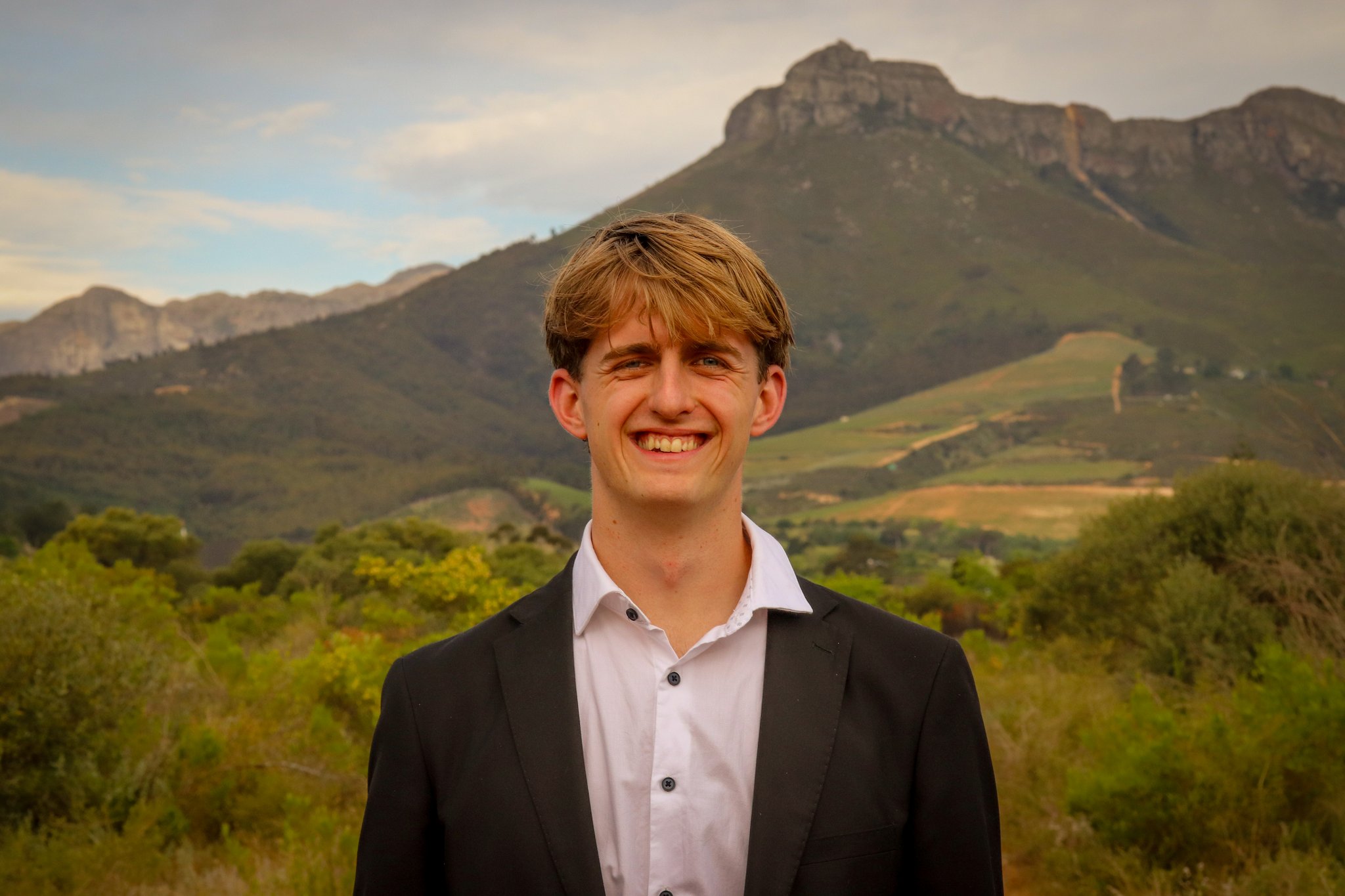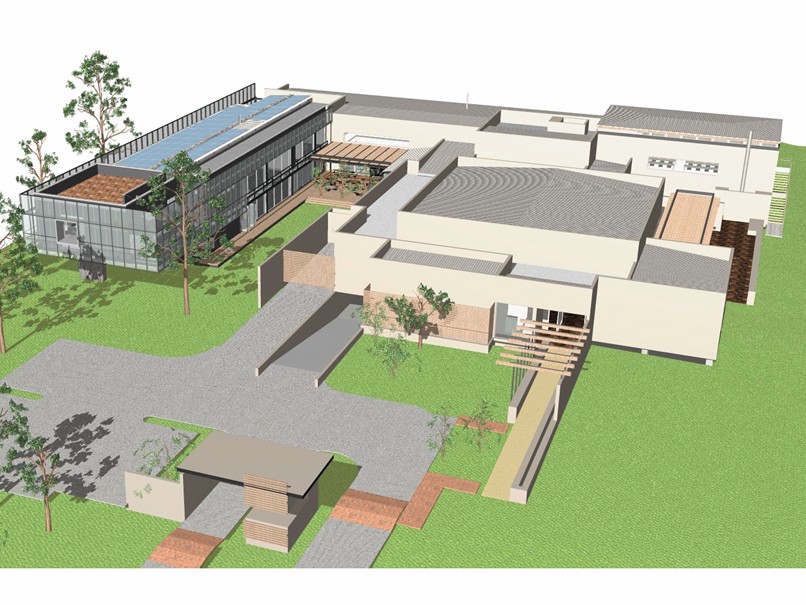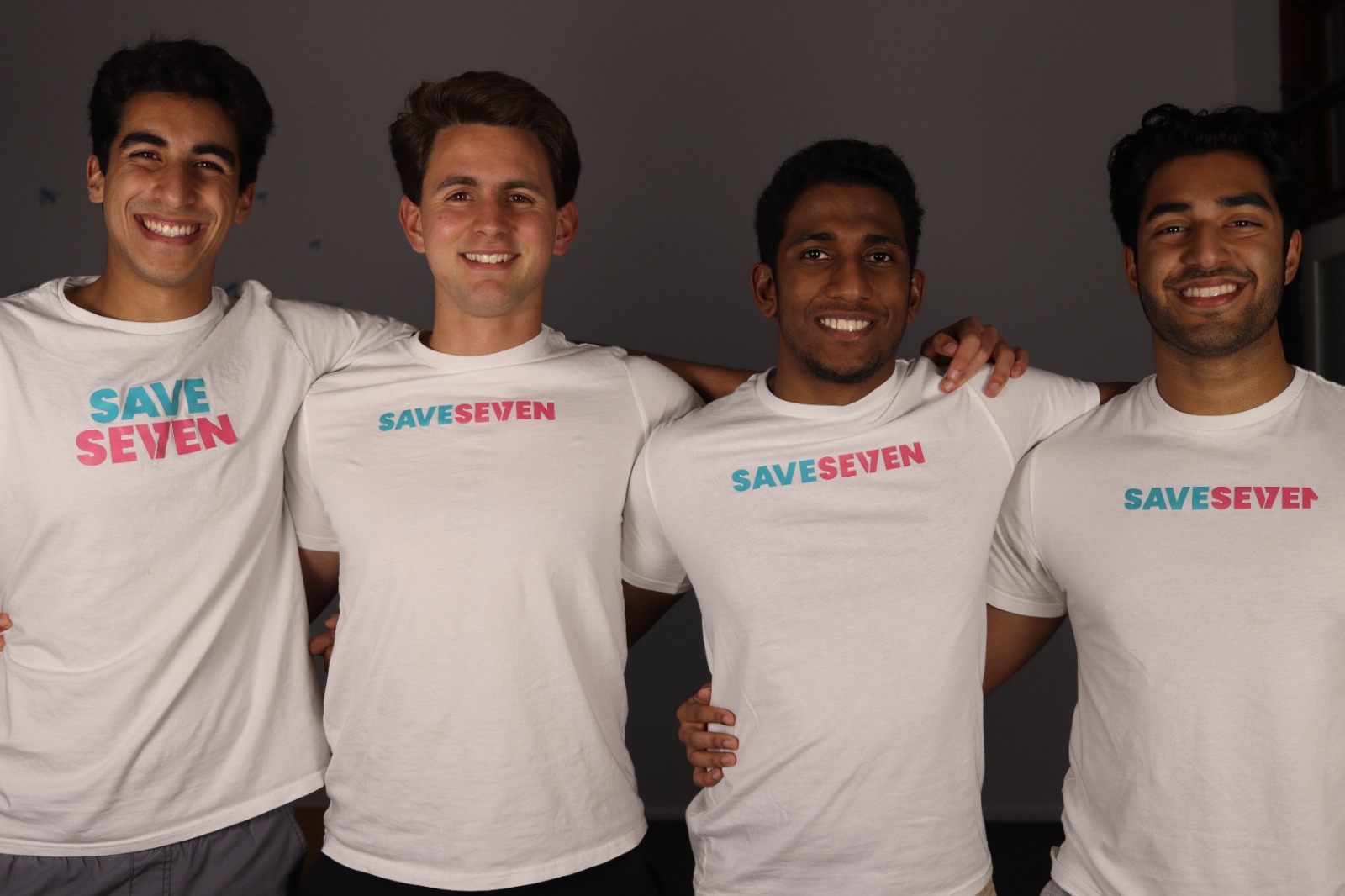All you need to know about South Africa behind bars
BY CARLA VISAGIE
With the number of Coronavirus cases in South Africa rising to 402 on Monday, Cyril Ramaphosa, president of South Africa, has announced extraordinary measures on Monday to combat the spread of the Coronavirus, including a nationwide lockdown.
“Without decisive action, the number of people infected will rapidly increase from a few hundred to tens of thousands. This is extremely dangerous for a population like ours, with a large number of people with suppressed immunity because of HIV and TB, and high levels of poverty and malnutrition. It is clear from the development of the disease in other countries and from our own modelling that immediate, swift and extraordinary action is required,” Ramaphosa said.
Ramaphosa added that countries that have “acted swiftly and dramatically have been far more effective in controlling the spread of the disease”. In the light of an attempt to prevent spread of the Coronavirus, Ramaphosa announced that the National Coronavirus Command Council has decided to enforce a nation-wide lockdown for 21 days with effect from Thursday 26 March, midnight, until 16 April.
“While this measure will have a considerable impact on people’s livelihoods, on the life of our society and on our economy, the human cost of delaying this action would be far, far greater. This is a decisive measure to save millions of South Africans from infection and save the lives of hundreds of thousands of people,” Ramaphosa said.
Ramaphosa said the lockdown will entail that all South Africans will have to stay home and that “individuals will not be allowed to leave their homes except under strictly controlled circumstances, such as to seek medical care, buy food, medicine and other supplies or collect a social grant”.
“Temporary shelters that meet the necessary hygiene standards will be identified for homeless people. Sites are also being identified for quarantine and self-isolation for people who cannot self-isolate at home,” Ramaphosa said.
The list of those who are under lockdown exclude health workers and emergency personnel, those in security, those involved in the production, distribution and supply of food and basic goods, essential banking services including the JSE, the maintenance of power, water and telecommunications services, laboratory services, the provision of medical and hygiene products, laboratories, banks, essential financial and payment services, petrol stations and health care providers.
Ebrahim Patel, Minister of Trade, Industry and Competition added a few other sectors that are not under lockdown during a media briefing on Tuesday which include, amongst others, “all essential back-offices services to enable salary and human resources departments, essential animal welfare and veterinary services, key maintenance systems required at workplaces to avoid serious damage to economic assets, Members of Parliament, Provincial legislatures, Municipal Councils and their core staff and members of the media and broadcasting services”.
Mmamoloko Kubayi-Ngumane, Minister of Tourism, however, announced on Tuesday that restaurants, cafés, bars, coffee shops and food delivery services like Uber Eats, Mr D Food and OrderIn will not be excluded from the lockdown.
Ramaphosa said the South African National Defence Force [will] be deployed to support the South African Police Service in ensuring that the measures are implemented and the lockdown will be accompanied by a public health management programme “which will significantly increase screening, testing, contact tracing and medical management”.
Emergency water supplies – using water storage tanks, water tankers, boreholes and communal standpipes – are being provided to informal settlements and rural areas. Measures to prevent the spread of the Coronavirus through local and international travel have also been announced with immediate effect.
“South African citizens and residents arriving from high-risk countries will automatically be placed under quarantine for 14 days. Non-South Africans arriving on flights from high-risk countries we prohibited a week ago will be turned back. International flights to Lanseria Airport will be temporarily suspended. International travellers who arrived in South Africa after 9 March 2020 from high-risk countries will be confined to their hotels until they have completed a 14-day period of quarantine,” Ramaphosa said.
According to Ramaphosa several programmes will be implemented to support the vulnerable and to support the economy. “Following consultation with social partners, we have set up a Solidarity Fund, which will focus efforts to combat the spread of the virus, help us to track the spread, care for those who are ill and support those whose lives are disrupted,” Ramaphosa said.
Patel added that a list of 22 critical products have been identified that the National Consumer and Competition Commission will be monitoring “for unjustified price hijacks”.
“These include basic food items (like rice, maize meal, milk, meats), personal care products (toilet paper, baby formula and nappies), hygiene products (like disinfectant, hand sanitizer and cleaning agents) and key medical supplies (like surgical masks and gloves),” Patel said.
According to Ramaphosa, the government is providing seed capital of R150 million. The private sector has already pledged to support this fund with financial contributions in the coming period, with the Rupert and Oppenheimer families who have donated R1 billion each to assist small businesses and their employees affected by the coronavirus pandemic.
Further measures to reduce the effect of the lockdown on the economy include, amongst others, “regulations to prohibit unjustified price hikes”, “special dispensation for companies that are in distress because of COVID-19” and “assisting businesses that may be in distress”.
“Using the tax system, we will provide a tax subsidy of up to R500 per month for the next four months for those private sector employees earning below R6,500 under the Employment Tax Incentive. This will help over 4 million workers. The South African Reserve Bank has also proactively provided additional liquidity to the financial system,” Ramaphosa said.
Ramaphosa added that “the action we are taking now will have lasting economic costs, but [we] are convinced that the cost of not acting now would be far greater”.
“We will prioritise the lives and livelihoods of our people above all else, and will use all of the measures that are within our power to protect them from the economic consequences of this pandemic,” Ramaphosa said.
*Ramaphosa’s full speech is available here and speeches of ministers can be accessed here.
*If you are experiencing symptoms of the coronavirus and you want more information regarding testing, call the national coronavirus hotline at 0800 029 999.



